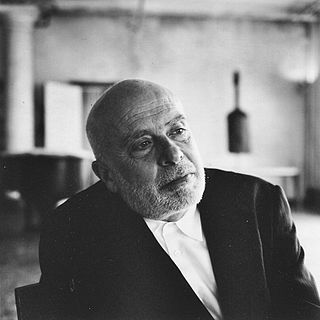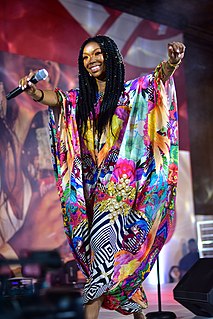A Quote by Edward Hirsch
A stress on the system and I think a painful thing for many young poets who are looking to find a life in poetry that they're not going to be able to find.
Related Quotes
Science is now documenting that it's not the objects of meditation that are important, it's the process of paying attention to them - the attending - that actually influences the organism in a whole range of different ways. The brain changes significantly enough to impact thought, emotion, and other biological functions. Today, people recognize that they're not going to find well-being from the outside, or from a pill; they're going to find it by looking inside. All the suffering, stress, and addiction comes from not realizing you already are what you are looking for.
I think capitalism will not disappear, but it's going to increasingly not be the exclusive arbiter of economic life. It's going to have to find value in interacting with the sharing economy on many levels. And this hybrid system that's already emerging among millennials is going to be a mature system where, by midcentury, part of the day will be in the capitalist market, part of the day in the sharing economy, depending on your marginal costs.
I think, when you're a young composer, you're told constantly that what you're supposed to do is figure out what your voice is. "What is your thing supposed to sound like?" You know: "What's the thing you do," that everyone can recognizably tell from a long distance is you and then you're supposed to be in search of that marker and you're supposed to find it and you're supposed to live there for the rest of your life. And it seemed to me, from a young age, that was what I was encouraged to do. You find a sound and that's your sound! That's what you do.






































